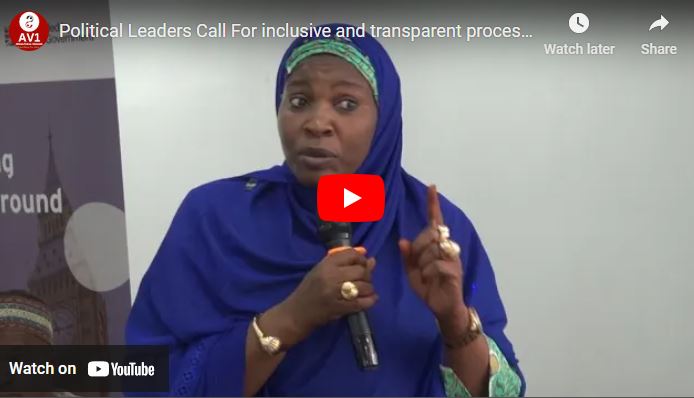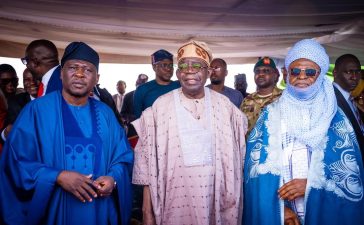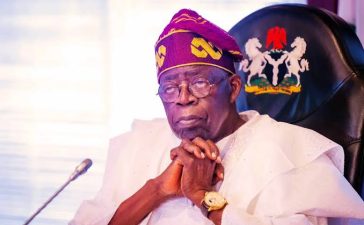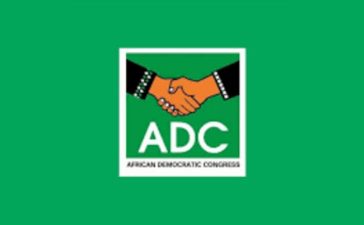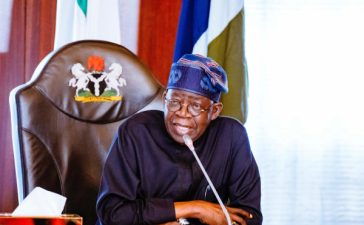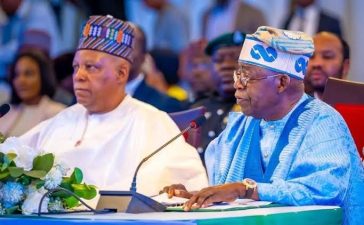A strategic meeting convened by the Inter-Party Advisory Committee (IPAC) kicked off on Tuesday in Lagos, focusing on the urgent need to enhance governance, electoral integrity, and gender inclusion, with particular emphasis on increasing women’s representation in Nigerian politics.
The meeting, part of the Support for Women Representation through Actions by Political Parties (SWRAPP) Project, is supported by the Foreign, Commonwealth, and Development Office (FCDO) and the Westminster Foundation for Democracy (WFD). It aims to review and transition the IPAC Code of Conduct into a formal Constitution that will lay a solid framework for inclusive political practices in Nigeria.
In his opening remarks, Adebowale Olorunmola, Country Director of WFD in Nigeria, stressed the importance of creating a robust framework that promotes good governance, electoral integrity, and gender inclusion. He noted that both the FCDO and WFD remain committed to supporting Nigeria’s democratic institutions and fostering collaboration among key stakeholders to promote the inclusion of underrepresented groups.
“This meeting is a crucial opportunity to create a foundation that prioritizes transparency, accountability, and diversity,” Olorunmola said. He underscored that the SWRAPP project, which focuses on increasing women’s participation in decision-making processes, is key to addressing Nigeria’s persistent gender disparities in politics.
Nigeria has historically faced significant challenges in achieving gender parity in political representation. Despite the vital roles women have played in Nigerian society, their presence in formal politics has remained limited due to various social, cultural, and institutional barriers. For example, in the National Assembly, female representation has consistently remained low.
Olorunmola pointed to Nigeria’s troubling global ranking in female political representation, with the country sitting at 180th place in the world, with only 4% of women in the lower house of parliament. In contrast, countries like Rwanda, Senegal, and South Africa have made significant strides toward gender parity in political leadership. Rwanda, for instance, leads globally with 61% female representation in its lower house, while six African countries—including Senegal and South Africa—boast over 40% female representation.
He called on political leaders and IPAC members to take immediate and decisive action to improve Nigeria’s ranking by 2027. “The question we must ask ourselves as political party and IPAC leaders is: What role can we play to improve Nigeria’s ranking? Will we still be in 180th place in 2027? The answer is in your hands,” Olorunmola urged.
IPAC, a body that unites Nigeria’s political parties to discuss electoral and party-related issues, is reviewing its Code of Conduct to create a Constitution that will enhance governance and encourage gender-inclusive leadership. This transition is part of broader efforts to reform Nigeria’s political system and promote electoral integrity.
Alhaji Yusuf Dantalle, National Chairman of IPAC, spoke about the importance of creating a constitution that promotes accountability, transparency, and the rule of law. “This is a natural step in IPAC’s evolution as a democratic organization and will enhance our credibility both domestically and internationally,” Dantalle said.
He also revealed that IPAC plans to ensure gender representation within its leadership structure, with three women in its Council of Nine, and hopes to extend this approach to political parties and legislative offices.
“Furthermore, having a constitution demonstrates IPAC’s commitment to democratic principles and its desire to establish a more formalized and structured organization.
Prof. Mahmood Yakubu, Chairman of the Independent National Electoral Commission (INEC), represented by Prof. Ayobami Salami, Resident Electoral Commissioner for Lagos State, commended the collaboration between IPAC and WFD, emphasizing that the review and proposed constitutional improvements represent a commitment to strengthening democracy and inclusivity in Nigeria.
“Everyone agrees that the current situation is unsatisfactory, which is why this meeting is crucial. We need the cooperation of political actors and stakeholders to change the narrative. Working with political parties and lobbying the National Assembly will help drive this change,” Salami stated.
In closing, stakeholders agreed that the low representation of women in Nigerian politics is a significant issue that must be addressed through proactive reforms. They committed to ongoing discussions and advocacy aimed at creating more opportunities for women in leadership positions, with the goal of improving gender representation by 2027.

